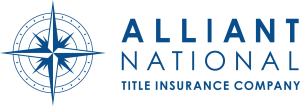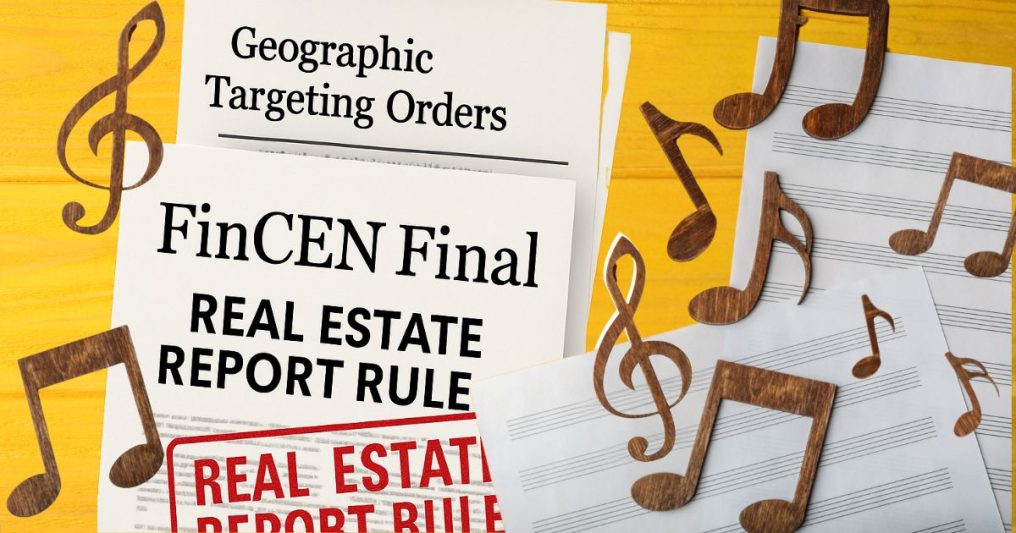By Elyce Schweitzer, Esq., Regulatory Compliance Officer, Alliant National; andValerie J. Grandin, Esq., Sr. Underwriting Counsel Florida and Vice President, Alliant National Here’s a riddle for the title insurance and real estate industries: what does Dolly Parton’s song, “Here You Come Again” have to do with FinCEN, its Geographic Targeting Orders (GTOs), and its Final Real Estate Report Rule (Final …
Alliant National supports independent title agents by combining expert residential and commercial underwriting with a passionate heart for service. We’re on a mission to empower agents while protecting property owners with secure title insurance.
Alliant National is proud to be part of Dream Finders Homes, the national homebuilder that believes owning your DREAM home should always be within reach!
Quick Links
Get to Know Us
©2025. Alliant National Title Insurance Company. All Rights Reserved.
1831 Lefthand Circle, Suite G | Longmont, Colo. 80501 | 303-682-9800



